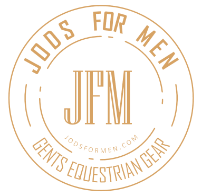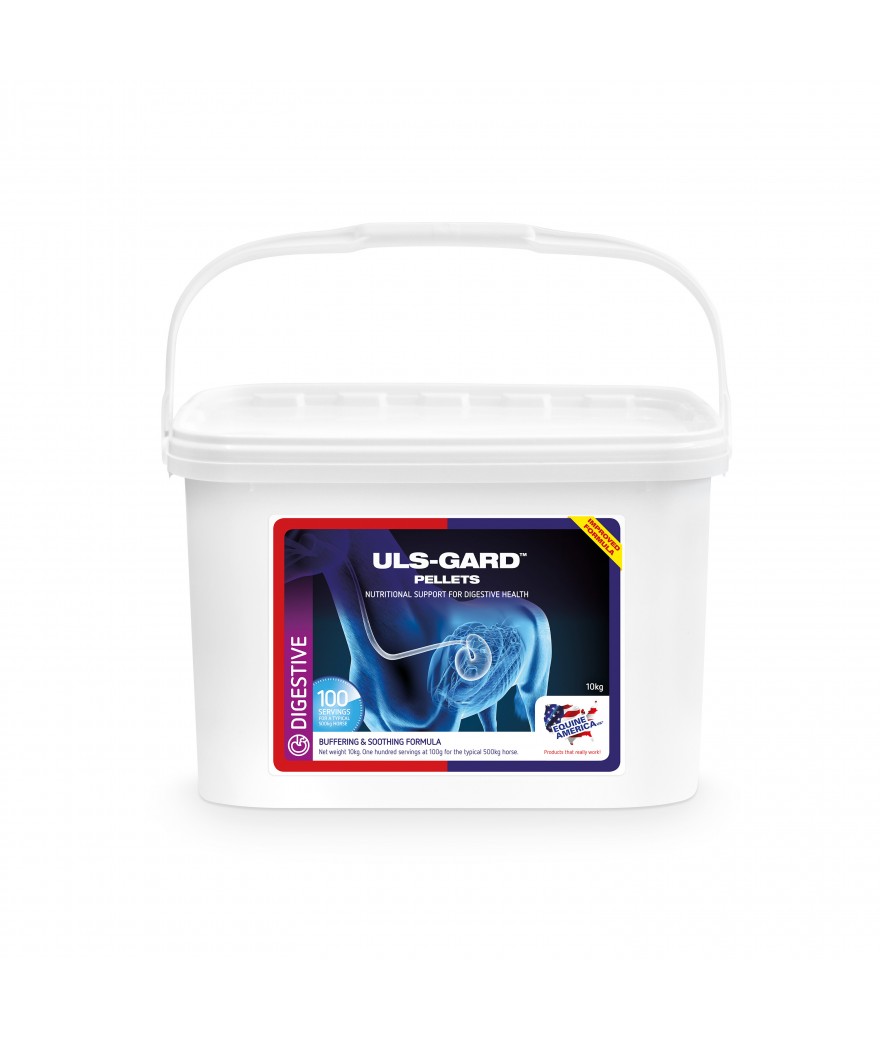Productinformatie
For gastric health in horses and ponies.
Horses are designed to drip feed - grazing for up to 16 hours a day. This means they have to constantly secrete acid to help digest this almost continuous food source that enters their stomachs. A grazing horse will also produce up to 9 gallons of saliva per day, which not only lubricates the food but also helps maintain a healthy stomach pH.
In addition, the physical presence of food in the stomach acts as a fibrous "mat" or barrier, helping to prevent acid from reaching the upper, unprotected areas of the stomach. So if access to feed (grass, hay, hay) is limited, acid will continue to be produced and with limited chewing time, less saliva will be produced, which can affect a healthy stomach pH.
The lower part of the stomach (the glandular area), where the acid is produced, has several natural protective mechanisms, including mucus production and bicarbonate secretion, but the upper part of the stomach (squamous area) has no such protection. If the horse is worked with a mostly empty stomach, if it trots, gallops or jumps, or even only tenses its abdominal muscles, this acid can splash up or be compressed up to the unprotected part of the stomach. The horse has a small stomach, and food doesn't stay there for long, so even short periods of the day without access to feed can cause problems.
The horse has a small stomach, and food does not stay in there for very long, so even short periods during the day without access to forage should be minimised.
Providing a small amount of forage, such as chaff, prior to exercise will also support gastric health and comfort.
There are a number of additional management tips which may also help support gastric health:
Plan yard and field regimes to avoid stressors such as bullying or excessive activity near the stable.
Avoid high starch feeds and instead use a forage-based regime with digestible fibre sources and oil to provide additional energy.
Try to provide periods of turnout or hand grazing if possible to enable the horse to benefit from antioxidants in fresh green forage.
Plan training and competition schedules carefully, especially where long-distance travel may result in restricted forage intake.
Equine America ULS-gard Pellets have been formulated using carefully selected ingredients to help maintain gastric health and comfort including:
Slow-release calcium and magnesium from marine algae, to help support a healthy gut pH.
Lecithin - a special type of fat which to support healthy stomach lining cells.
Pectins, Marshmallow root and Liquorice - to help produce mucilage which acts as a physical barrier for the unprotected upper portion of the stomach.
Aloe Vera and Glycine - to help support a healthy gastric mucosa (lining of the stomach).
High nucleotide yeast - to provide beta-glucans which help to increase the viscosity of stomach contents, and provide nutritional support for a healthy gastric mucosa.
Pre and Probiotics to support a healthy gut microbiome.
Alfalfa and soya hulls to provide a fibrous "mat" and to help maintain a healthy gastric pH.
Additional Management factors to help support digestive health and comfort.
Turnout to grass where practical and possible, ideally with a placid companion, even if only for short periods.
Ensure ad-lib forage where practical. For good-doers, where calories are restricted, offer very frequent, but controlled amounts of forage, with the largest allocation overnight. Select clean, but low-calorie forage to enable larger amounts to be offered.
Offer forage in different locations in the stable to encourage natural foraging behaviour.
Try to reduce social stressors such as bullying stablemates, or proximity to the feed store.
Feed a good double handful (or 1 round scoop) of alfalfa chaff before exercise or competition warm-up to provide a fibrous "mat" in the stomach - even if forage is available in the stable or lorry.
Consider replacing some starch-based calories with Equine America Supreme Omega Oil in the diet.
Benefits of ULS-gard Pellets
Natural, nutritional support for gut health and comfort (Calcium, magnesium, lecithin, pectin, glycine).
Key ingredients traditionally used to soothe the stomach wall (Aloe vera, marshmallow root, liquorice).
Marine algae to support a healthy gut pH
Beta-Glucans from high nucleotide yeasts to support a healthy gastric mucosa.
Pre (FOS) and probiotics to support a healthy gut microbiome.
Alfalfa and soya hulls base to provide a fibrous mat.
Palatable and easy to mix for fussy feeders.
Suitable for foals at a reduced serving rate.



